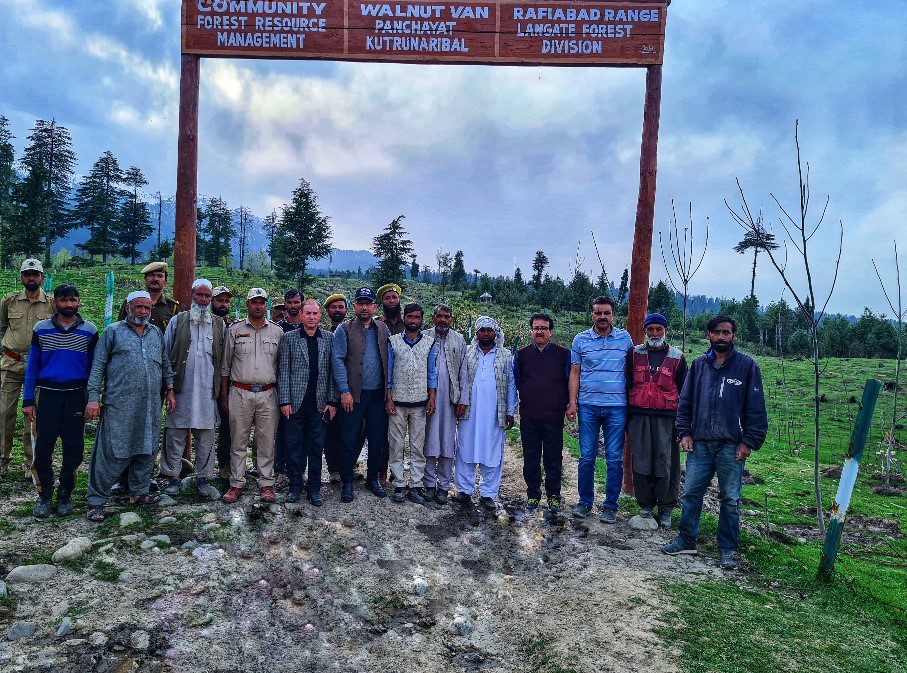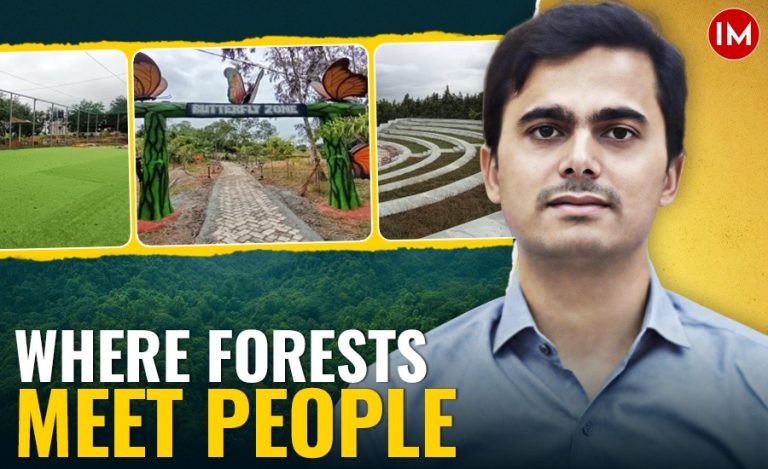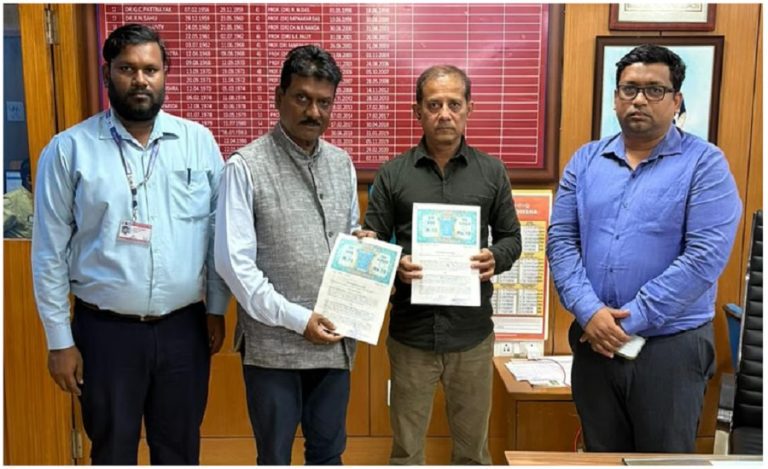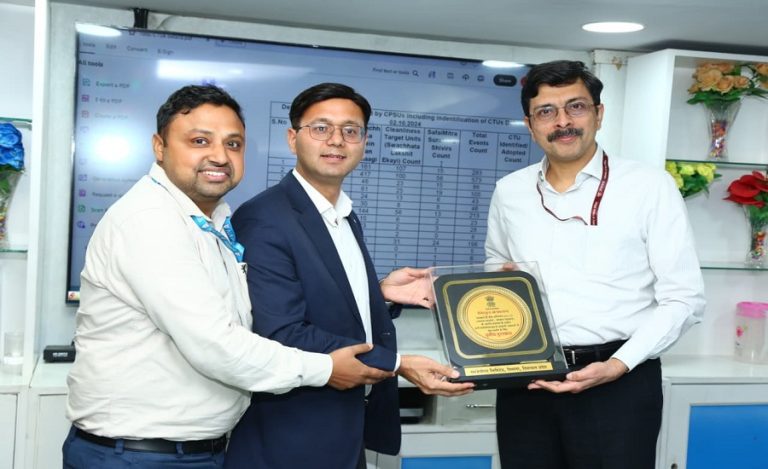Not so long ago, Baramulla and Kupwara were in news for all the wrong reasons, as militants were quite active in these parts of Jammu & Kashmir. But now these places are slowly establishing an altogether different identity for themselves by actively pursuing environmental concerns and promoting community forest management with biodiversity and eco parks.
The North Circle of Jammu & Kashmir Forest department is developing one such biodiversity park at Venkara in Jhelum Valley Forest Division, Baramulla, for increasing forest awareness and encouraging conservation of flora, especially medicinal plants.
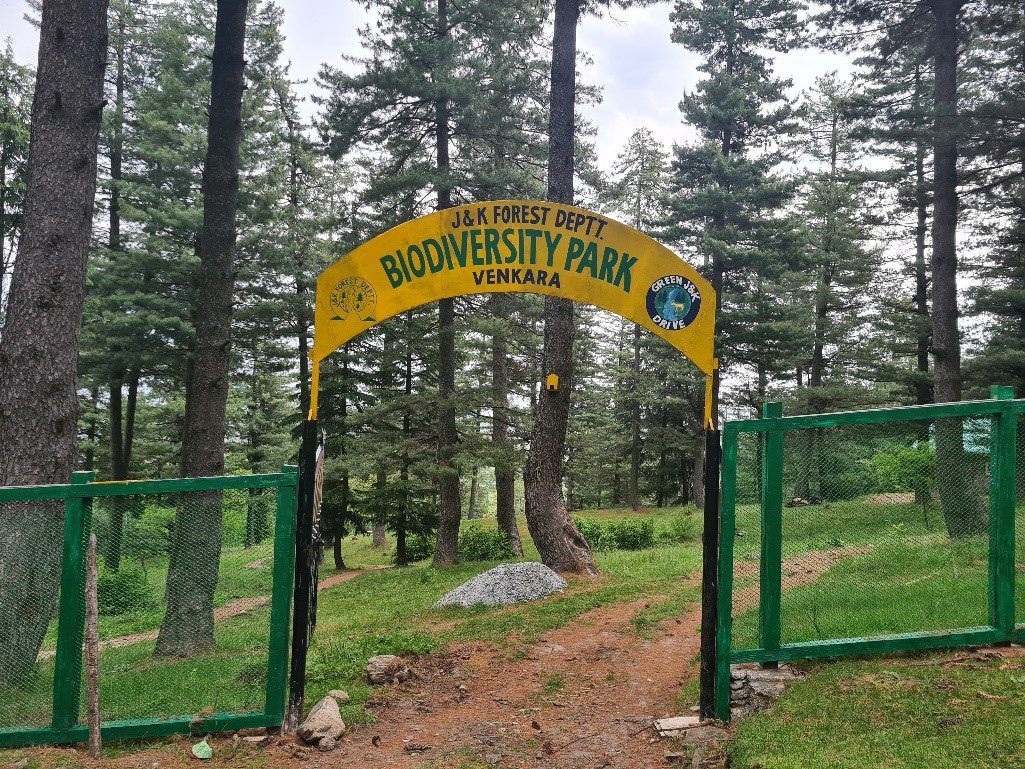
THE AIM
While speaking to Indian Masterminds, Conservator of Forest North Circle, Kashmir, Mr. Irfan Rasool said “In Baramulla, we have some grey areas where issues related to illicit timber and smuggling usually come up. There are several places in the district which have rich forest areas but are unexposed to the general public. Also, community participation is very less as they do not cooperate with forest department.”
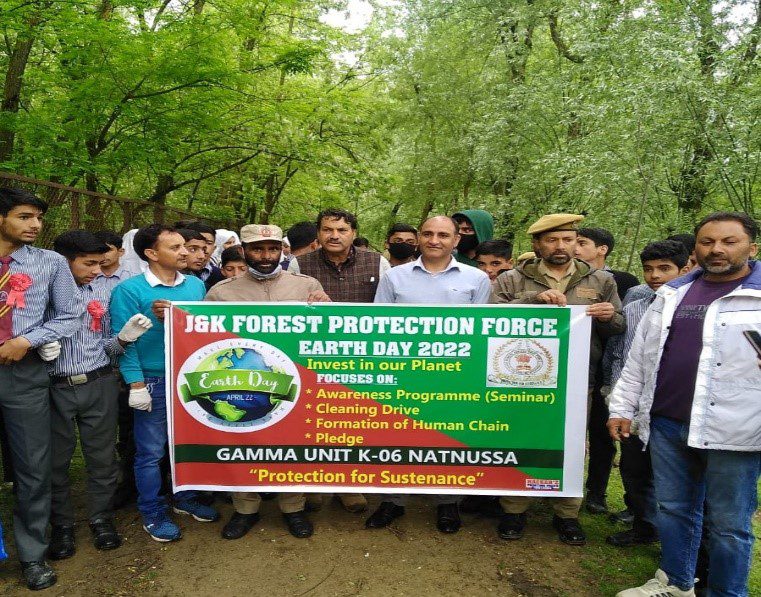
Giving details about the objective of the project, he added, “The aim of the park is to create opportunities for exploration and conservation of medicinal herbs found in Kashmir which are on the verge of extinction. He added that the objective is to create hub within the natural forest area for imparting nature education and forest awareness to different stakeholders, especially school children. Eco-tourism activities will be also promoted through this initiative, which will create plenty of opportunities for livelihood for local communities.”
VENKARA PARK
The North Circle Range of Jammu & Kashmir Forest Department has already developed six eco parks at different locations – Montane Ecopark in Sopore, Kairewan Adventure Park in Lolab, Green Ecopark in Rafiabad, Nagriwari Periurban Park in Kupwara, Salambad S-5 Ecopark in Uri and Baderkali Camping Park. The Venkara Biodiversity Park is the latest edition and is almost ready for inauguration.
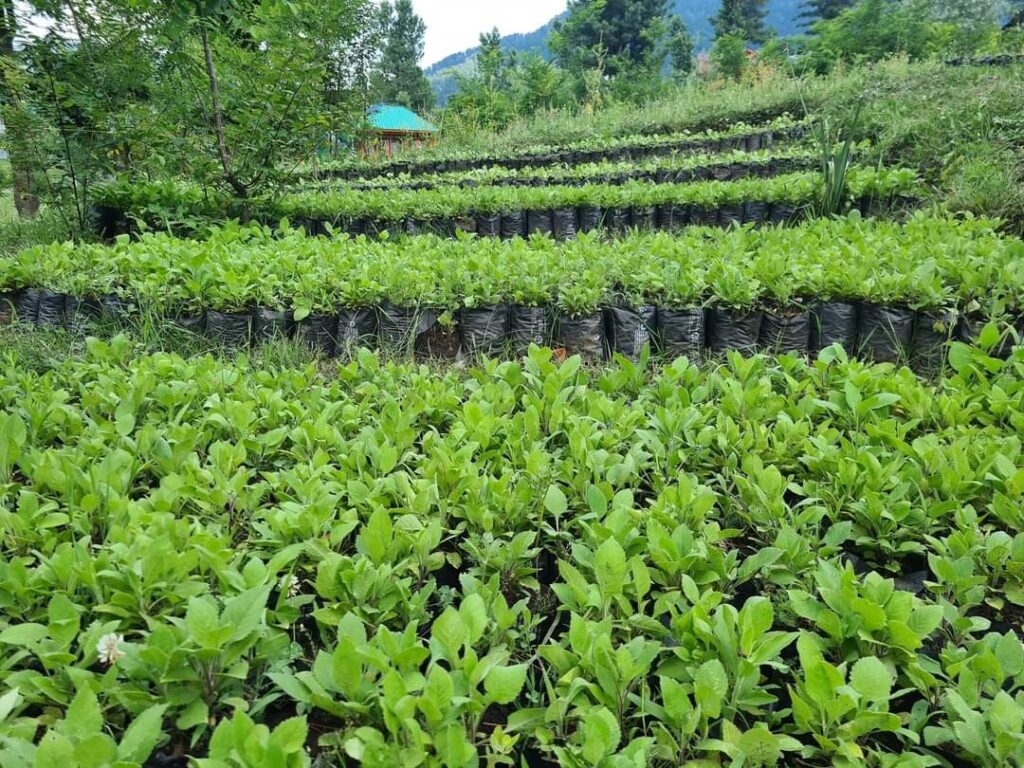
It has a section named ‘Herbal Vatika’, where more than 25 species of rare and threatened medicinal plants have been planted in beds. The park also has lavender grove, nature trail, open theatre, camping site, trekking route, viewpoint, wooden artifacts and various educational signages for the benefit of visitors.
Mr. Rasool further said, “There will be signages on every species of plant present in these eco parks to spread more and more information. In future, we are planning to keep Friday as the day for inviting school children to these parks and giving them a conducted tour around it.”
CREATING AWARENESS
Apart from this, wooden artifacts showcasing the wildlife of Jammu and Kashmir, like Hangul, Markhor etc., will be displayed in the biodiversity parks to spread awareness about the wildlife specific to Kashmir.
The forest department is also planning to promote eco-tourism by inviting people for trekking. A trek route of around 25 kms is already ready for enthusiasts.
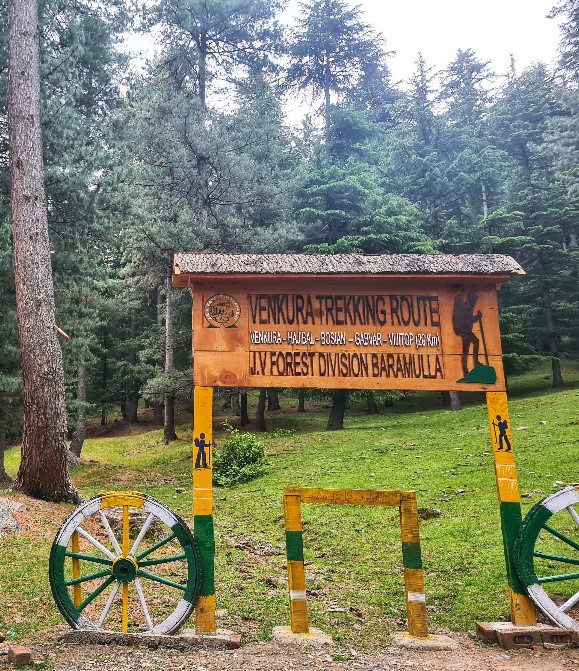
Through all these steps, the forest department is not only conserving the medicinal plants that are on the verge of extinction, but also helping in spreading awareness about Kashmir’s unique flora and fauna among the youth so that they know their state’s natural heritage well.

